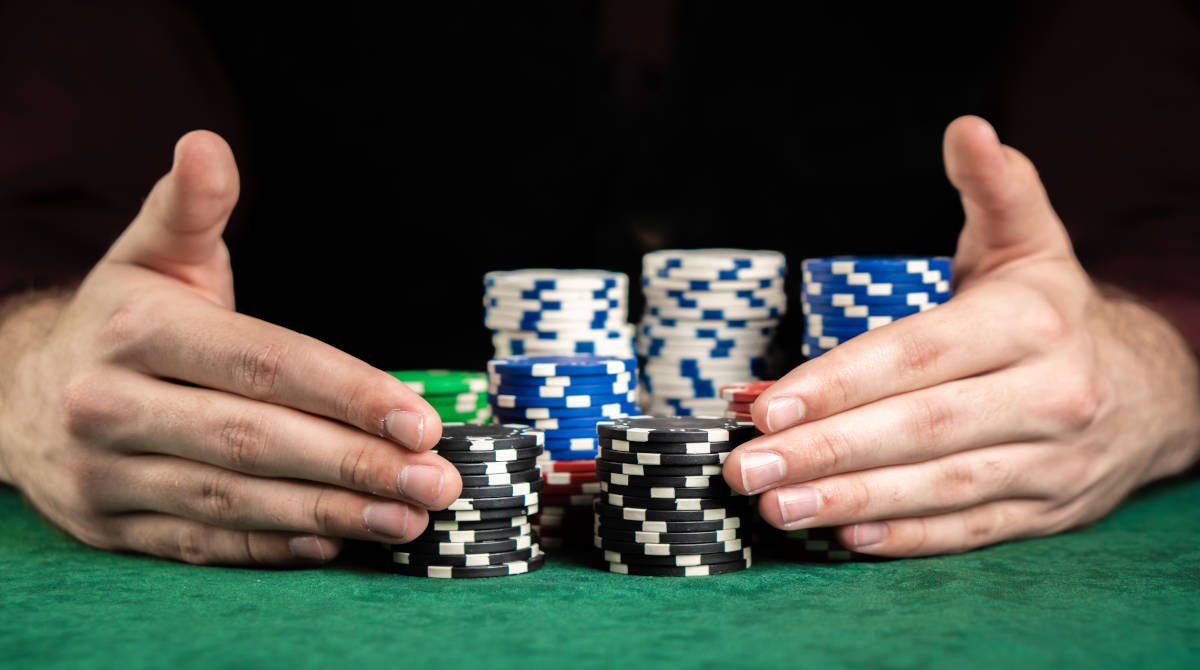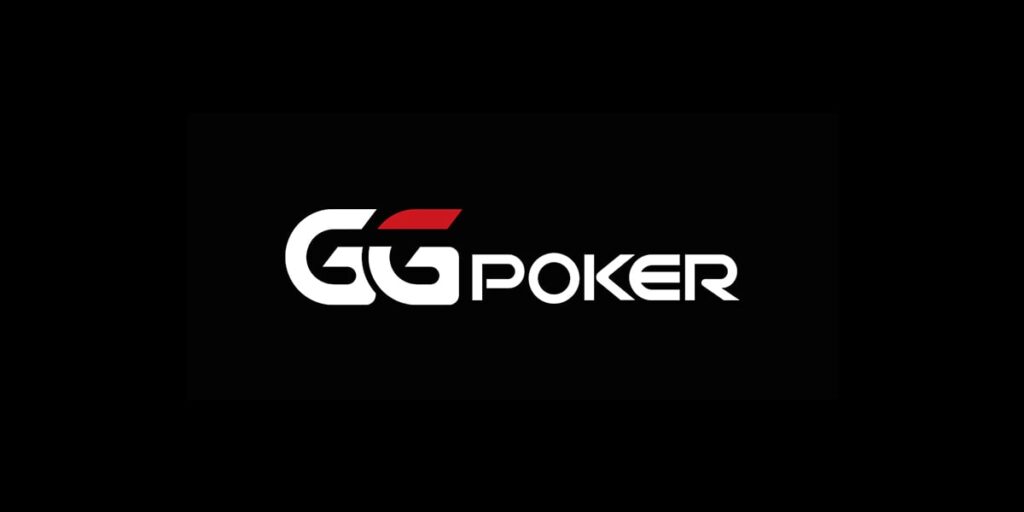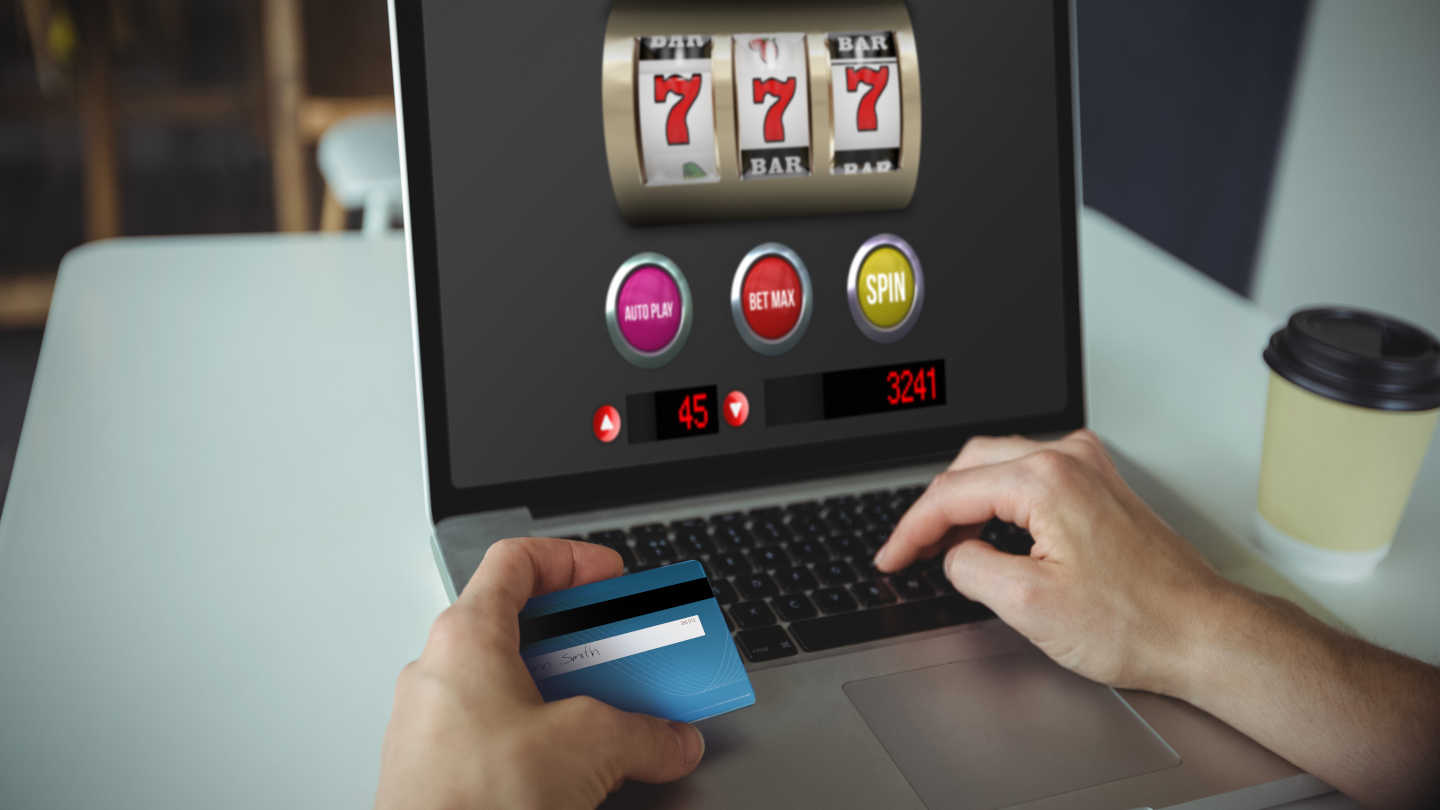Mastering the Art of Calculated Risks – Financial and Poker Strategy Synergies

5 minutes
Last Updated: December 20, 2023
Taking calculated risks is an art form, essential both in the financial world and at the poker table. Whether you're evaluating stock options or deciding whether to call a bluff, the underlying principles of risk assessment and decision-making remain strikingly similar.
When looking for an opportunity to test your skills, a bonus offer can provide the perfect platform to hone your strategies with minimized risk. Let's delve deeper into the crossover between these two seemingly disparate worlds and uncover the tactics that can make you a success both in finance and poker.
Balancing Risk and Reward
In both arenas, the key to success is balancing the potential reward against the possible risks. Financial investors often diversify their portfolios to spread risk across various assets.
Similarly, poker players must manage their bankrolls and know when to play aggressively and when to hold back. In each case, the goal is to maximize upside potential while mitigating downside loss.
Another crucial factor is the ability to read situations and opponents. In finance, market sentiment can dictate the movement of stocks just as much as fundamental analysis.
In poker, understanding the tendencies and psychological state of your opponents can be the difference between a win and a loss. Developing this skill takes patience, observation, and experience.
Both fields also require a solid strategic foundation. In finance, this might mean adhering to a particular investment philosophy or strategy, such as value investing or growth investing. In poker, it involves understanding theory and knowing the odds, as well as having a deep knowledge of various playing styles and how they can be countered.
Finally, both investors and poker players need to continuously review and adjust their strategies. Markets evolve, and the financial environment of today may not resemble that of tomorrow. Poker games and opponents change, too, requiring players to adapt their approach and remain flexible to maintain their edge.
The synergies between the financial world and the game of poker are clear. Both involve a careful analysis of the environment, a strategic approach to decision-making, and the courage to take calculated risks.
By applying the discipline and strategic insights gained from one field to another, we can enhance our performance and achieve greater success.
Whether you're examining the viability of a new investment or eyeing the pot in a high-stakes poker game, the principles of calculated risk-taking will guide you toward making more informed and hopefully profitable decisions.
Blending Poker Savvy with Investment Acumen

The game of poker and the world of finance may seem worlds apart, but they share a core reliance on smart decision-making and an understanding of risks and rewards. Intriguingly, the concept of a “PokerStars bonus” can be a thrill for poker enthusiasts, much like strategic financial incentives can motivate investors.
These incentives are merely the tip of the iceberg when it comes to the shared skill sets between poker strategies and financial management. In this exploration, we'll delve into how the cunning strategies employed at the poker table can reflect and even enhance the tactics used in the financial sphere.
Interestingly, the parallels between poker and investing extend to the psychological elements in play. Both poker players and investors must grapple with the psychological pressures of high-stakes environments where decisions can lead to either significant profit or substantial loss.
Developing mental toughness and maintaining emotional control are skills that can cross from the poker table into the trading room, influencing the level of success in both arenas.
Strategic Risk Management – Navigating Uncertainty in Poker and Finance
Both poker players and investors operate in realms of uncertainty, requiring keen risk management skills. In poker, calculating pot odds and managing one's bankroll is crucial. This mirrors the need for investors to weigh potential gains against losses, and to manage their investment portfolios judiciously.
But it isn't just about knowing the odds; it's about discerning when those odds truly favor your decisions. Here lies the art of balancing bold moves against conservative strategies—a skill that sharpens both at the poker table and in the stock market.
Behavioral Insights – Economic Nuances and Poker Tells
In the complex dance of market economics and player psychology, there's a shared refrain: understanding behavior is key to success. Behavioral economics offers a lens through which we can predict markets, while poker requires an uncanny ability to read opponents. Identifying patterns in both scenarios can lead to significant advantages.
From the grip of biases that can cloud judgment to the emotional rollercoaster following wins and losses, players and investors alike must strive for a measured approach that melds logic with an understanding of human nature.
Capital Management – From Bet Sizing to Investment Allocation
The principles that dictate bet sizing in poker offer a parallel to the decisions around investment allocation in finance. The essence of both lies in the perception of risk versus the potential for reward. In poker, adjusting one's bet to the game's circumstances can influence overall success.
The investment world operates similarly: Volatility informs trade size just as stakes adjust to a poker player's strategy and bankroll. Discipline in both arenas often dictates whether one will fold with minimal losses or ride the wave to a substantial gain.
Tactical Play – The Strategic Overlap of Poker and Portfolio Management

Tactical acumen is a prized trait whether you're eyeing your next move in a poker hand or adjusting your investment portfolio. In poker, the decisiveness to hold or fold can be likened to the investor's quandary of when to sell. It's about strategic aggression and the ability to capitalize on opportunities.
The calculated boldness that often prevails in poker can shed light on the intricacies of portfolio diversification. Similarly, timing in investment decisions can draw upon the measured patience honed by experienced poker players.
Acquiring a Competitive Edge – Information Analysis in Poker and Financial Markets
Knowledge is power, a truth deeply ingrained in both poker play and market investment. In poker, the advantage often lies in assimilating real-time data, reading others' behavior, and making educated guesses about unseen cards.
Financial markets thrive on similar analytical prowess. Here, data interpretation leads to informed decision-making.
Grasping the nuances of market analytics can feel akin to discerning a player's bluff, with both requiring a sharp mind and a keen eye for patterns that signify a call to action or a need for caution.
Whether you're stacking chips or studying stock charts, the synergy between poker and finance is undeniable. The strategies that spell success in one can often illuminate the path to triumph in the other.
They both challenge individuals to think ahead, act decisively, and manage their resources with precision—all skills worth mastering. In the end, while the “house” may be different, the rules of calculated risk and reward remain fundamentally the same.

















